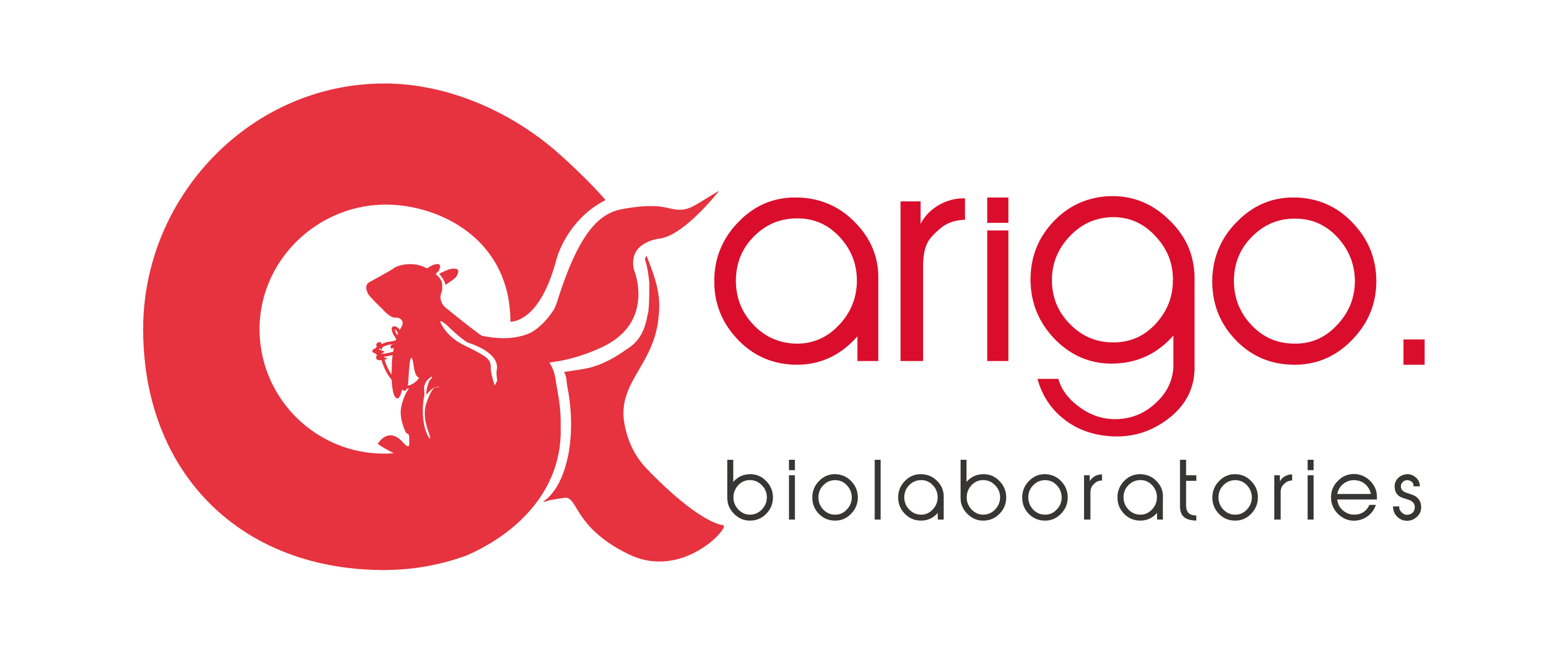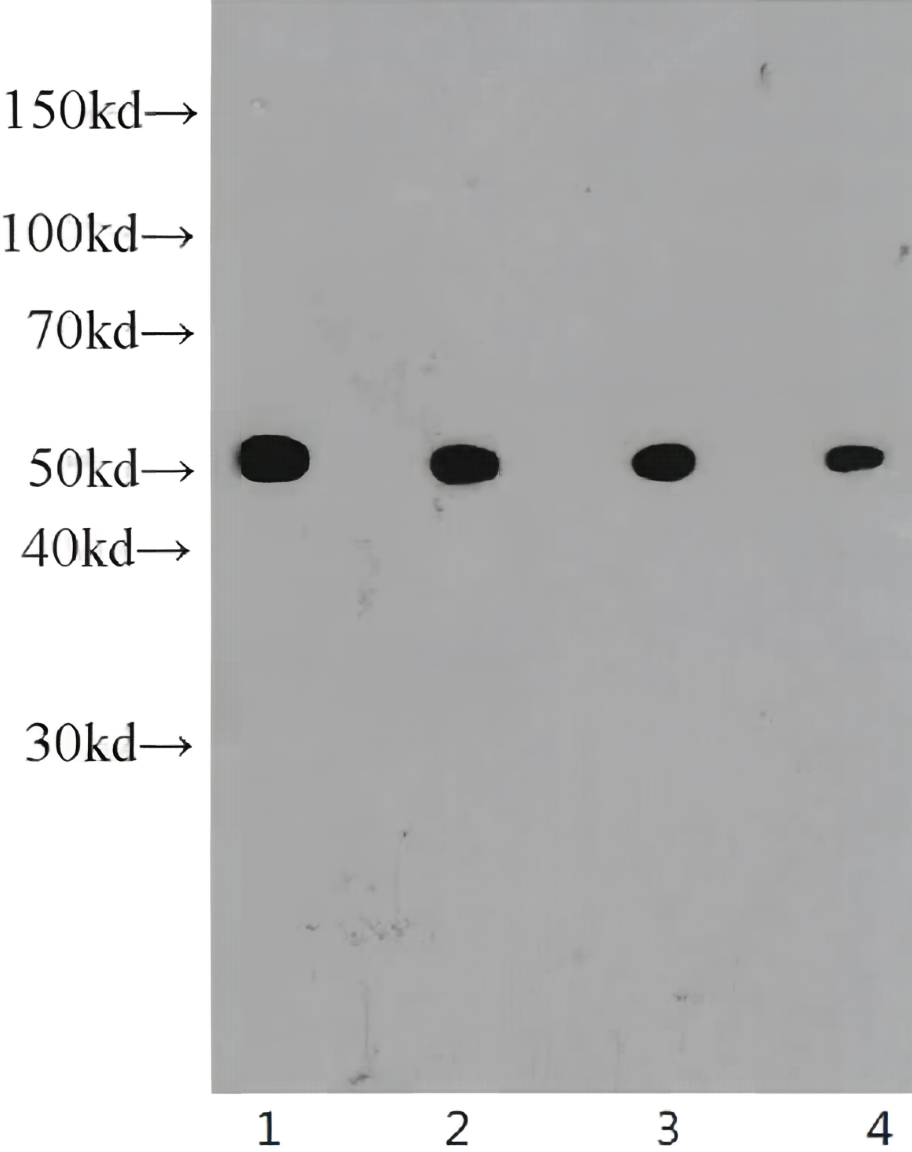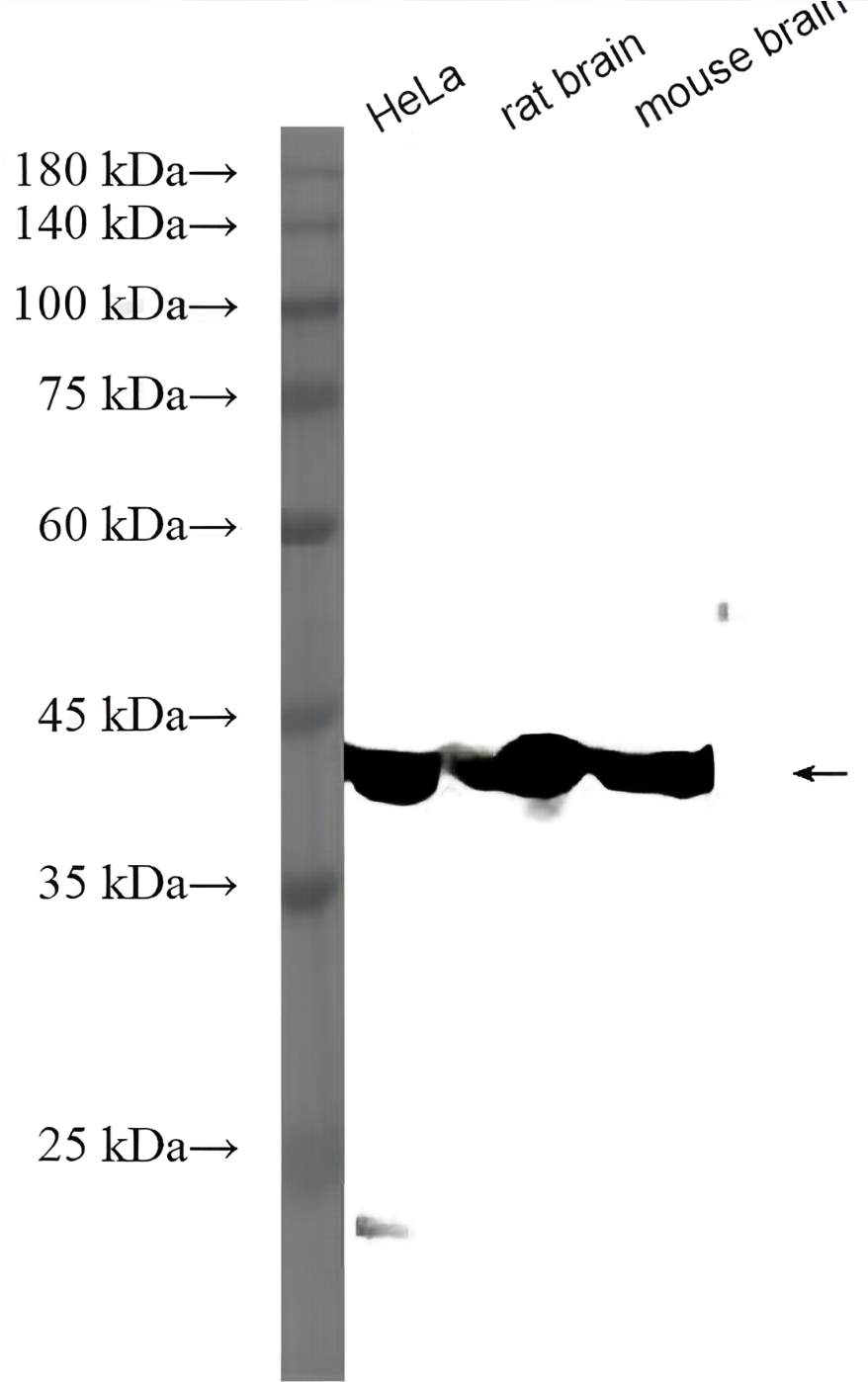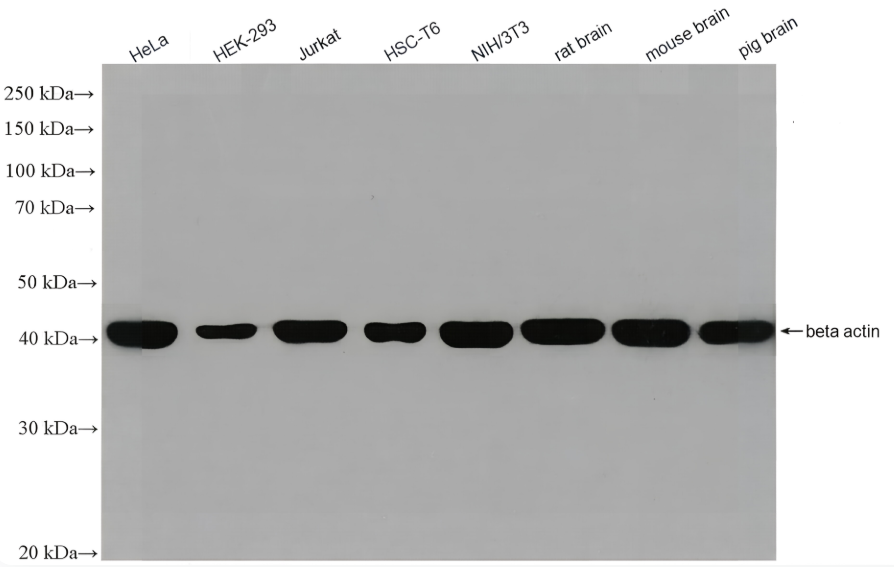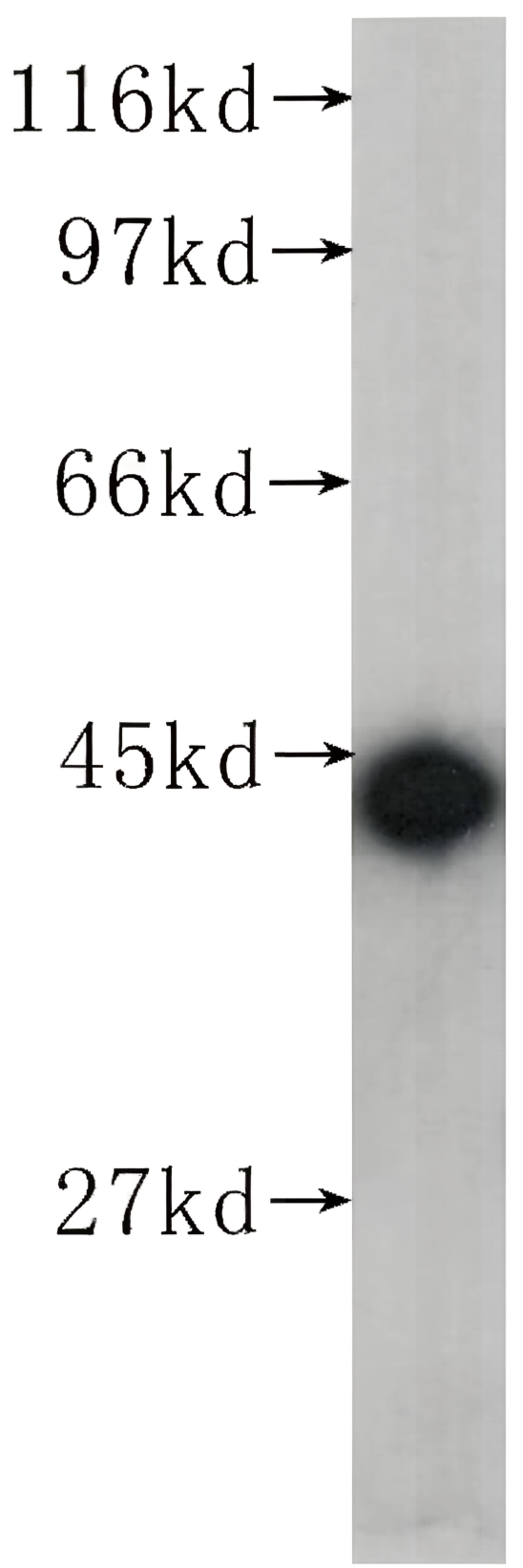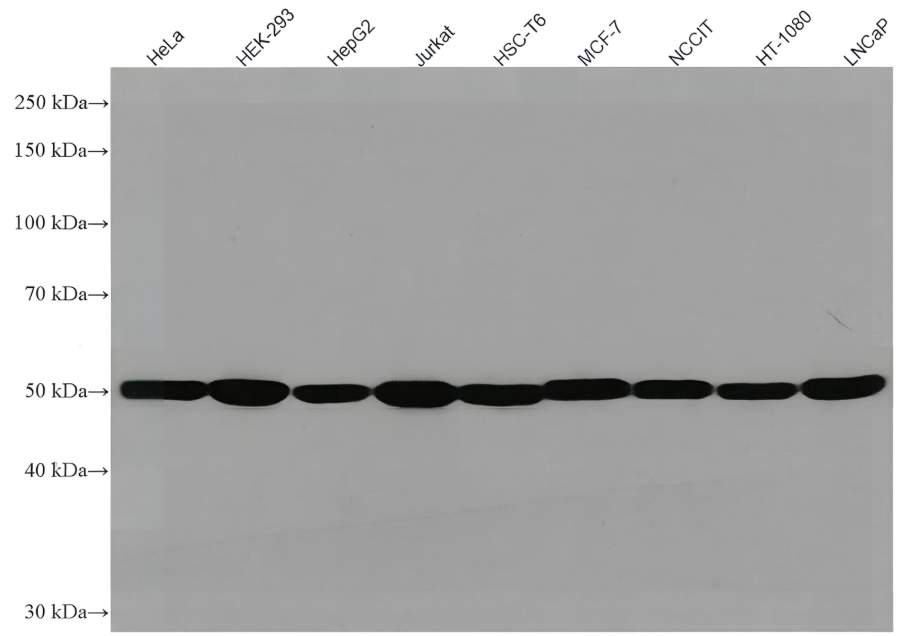Mouse CD273 / PD-L2 recombinant protein (His-tagged)
CAT.NO. : ARG70492
US$ Please choose
US$ Please choose
Size:
Trail, Bulk size or Custom requests Please contact us
*产品价格可能会有所调整,请以品牌方官网实时更新的价格为准,以确保准确性。
概述
| 产品描述 | CHO expressed, His-tagged Mouse CD273 / PD-L2 recombinant protein. |
|---|---|
| 应用 | SDS-PAGE |
| 靶点名称 | CD273 / PD-L2 |
| 物种 | Mouse |
| A.A. 序列 | Met1-Arg219 |
| 表达系统 | CHO |
| Protein Full name | Programmed cell death 1 ligand 2 |
| 別名 | PDCD1LG2; Programmed Cell Death 1 Ligand 2; PD-L2; CD273; B7-DC; PDL2; B7DC; BA574F11.2; Btdc; B7 Dendritic Cell Molecule; Programmed Death Ligand 2; Butyrophilin B7-DC; PDCD1 Ligand 2; PDCD1L2; PD-1-Ligand 2; PD-1 Ligand 2; CD273 Antigen |
属性
| 形式 | Powder |
|---|---|
| 纯化 | >95% (by SDS-PAGE) |
| 纯化说明 | Endotoxin level is less than 0.1 EU/µg of the protein, as determined by the LAL test. |
| 缓冲液 | PBS (pH 7.4) |
| 复溶 | It is recommended to reconstitute the lyophilized protein in sterile water to a concentration not less than 200 μg/mL and incubate the stock solution for at least 20 min at room temperature to make sure the protein is dissolved completely. |
| 存放说明 | For long term, lyophilized protein should be stored at -20°C or -80°C. After reconstitution, aliquot and store at -20°C or -80°C for up to one month. Storage in frost free freezers is not recommended. Avoid repeated freeze/thaw cycles. Suggest spin the vial prior to opening. |
| 注意事项 | For laboratory research only, not for drug, diagnostic or other use. |
生物信息
| 基因名称 | PDCD1LG2 |
|---|---|
| 全名 | Programmed Cell Death 1 Ligand 2 |
| 背景介绍 | Involved in negative regulation of activated T cell proliferation; negative regulation of interferon-gamma production; and negative regulation of interleukin-10 production. Predicted to be located in plasma membrane. Predicted to be active in external side of plasma membrane. Biomarker of pulmonary tuberculosis. [provided by Alliance of Genome Resources, Apr 2022] |
| 生物功能 | Involved in the costimulatory signal, essential for T-cell proliferation and IFNG production in a PDCD1-independent manner. Interaction with PDCD1 inhibits T-cell proliferation by blocking cell cycle progression and cytokine production. [Uniprot] |
 New Products
New Products





